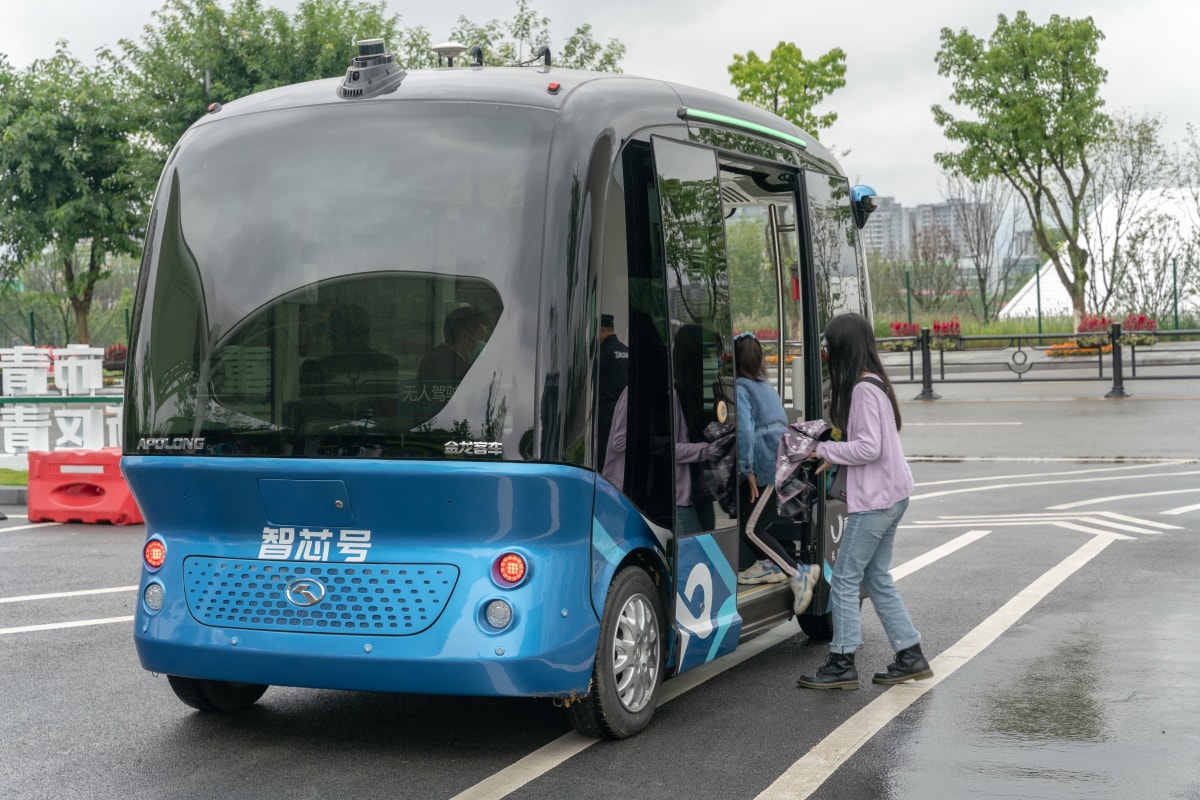China is writing one of the biggest digital transformation stories in history. In recent decades, the country has risen to become a tech powerhouse, and the digital economy has become an important driving force of the macro economy. According to experts of the Tsinghua National Institute of Financial Research, China’s digital economy registered an expansion at about 10% last year.
The Covid-19 pandemic also played its part in this. Lockdowns and other measures helped accelerate the development of new forms of digital businesses, helping the economy and society stay connected and productive.
Government’s reforms for digital transformation in China
Beijing is actively perusing the digital transformation with a “new infrastructure” that has been named as a key economic growth driver. The term refers to new digital assets, technologies, and related physical facilities. It is strategized particularly in the realm of technology and sustainable development.
The China new infrastructure plan is expected to generate more than $2 tn in investment over the next five years. Treated as a national priority, the campaign encompasses a range of sectors, from 5G and artificial intelligence to data centers and electric vehicle charging stations.
China wants to be at the forefront of technology and sovereignty by the 100th birthday of the People’s Republic in 2049. To encourage China’s digital transformation, the China Standards 2035 plan – published at the end of 2020 – lays out goals on game-changing areas like blockchain, big data, and AI. It is building upon the “Made in China 2025″ initiative that was announced in 2015 to reduce China’s dependence on foreign technology and promote Chinese technological manufacturers in the global marketplace.
According to Shawn Kim, Head of Asia Technology Research from Morgan Stanley, China’s ambitious blueprint to shape tech standards may have a significant impact on the future of tech.
Rui Zhao, Portfolio Manager for Chinese equities within BlackRock’s Systematic Active Equity Group said in a podcast,” The government has been directing all those cash flows to invest in future infrastructure projects, or in technology upgrade. For 2025, the government wants to upgrade the technology platform in China, not only on the AI and machine learning, but they also really want to apply technology in normal people’s daily lives to increase the whole productivity of the society.”
China leader in 5G
The development of 5G infrastructure might be one of the fastest moving projects under China’s new infrastructure plan. The country already reached the goal to have 600.000 5G base stations by the end of 2020, with some 961,000 5G base stations across the country as of early July. By the end of 2025, China plans to have 5 to 5.5 million 5G base stations to ensure a nationwide 5G coverage.
Liu Liehong, the vice-minister of industry and information technology, said the country is expected to spend 1.2 trillion yuan ($186.6 billion) on 5G network construction by 2025.
Early adoption of 5G in China has also led to rapid development in the sector, with the nation having the highest 5G subscription rate in the world. According to Ericsson Mobility Report published last month, China’s 5G subscriptions are expected to hit over 173 million users by the end of 2021.
“5G could potentially add $1 trillion to China’s AI industry by 2025,” Gan Bin, CMO for wireless network solutions at Huawei Technologies said at the New Infrastructure and Business Digitalization Forum at GSMA Thrive held in June. According to panelists at the forum, China’s digital economy will reach $9.130 tn by 2025, with 5G at the center of its growth momentum.
AI pilot zones in 8 Chinese cities
AI is another priority for China‘s digital transformation. The government recently announced the expansion of pilot zones for the development of artificial intelligence innovations. The focus is on e.g. smart manufacturing, smart networked vehicles and smart cities. This year, the Ministry of Industry and Information Technology (MIIT) introduced Beijing, Tianjin, Hangzhou, Guangzhou, and Chengdu as new AI innovation zones, making it eight in total with Shanghai, Shenzhen, and Jinan that were pilot zones already. China’s tech hub Shenzhen also plans to support the development of AI with specific policies.
Another sector under the new infrastructure plans is Intercity high-speed rails and transportation. China State Railway Group, in its latest plans, aims to double the length of the nation’s high-speed-rail network to 70,000 km by 2035. Furthermore, the world’s fastest train was just launched in Qingdao. The magnetic levitation train can reach speeds of 600 kilometers per hour.
Being another infrastructure priority, China is further promoting big data hubs. The sector registered a compound annual growth rate of more than 30% during the 13th Five-Year Plan period (2016-20), earning $156.7 bn (1 trillion yuan) in its annual sales in 2020, data from MIIT showed. Furthering the penetration of its digital transformation, China plans to build massive numbers of big data, super data, and edge computing data centers by 2025, to meet the rising demand for data storage.










 Australia
Australia China
China India
India Indonesia
Indonesia Japan
Japan Malaysia
Malaysia Philippines
Philippines Singapore
Singapore South Korea
South Korea Taiwan
Taiwan Thailand
Thailand Vietnam
Vietnam Germany
Germany Hong Kong
Hong Kong USA
USA Switzerland
Switzerland Singapore
Singapore
 United Kingdom
United Kingdom







